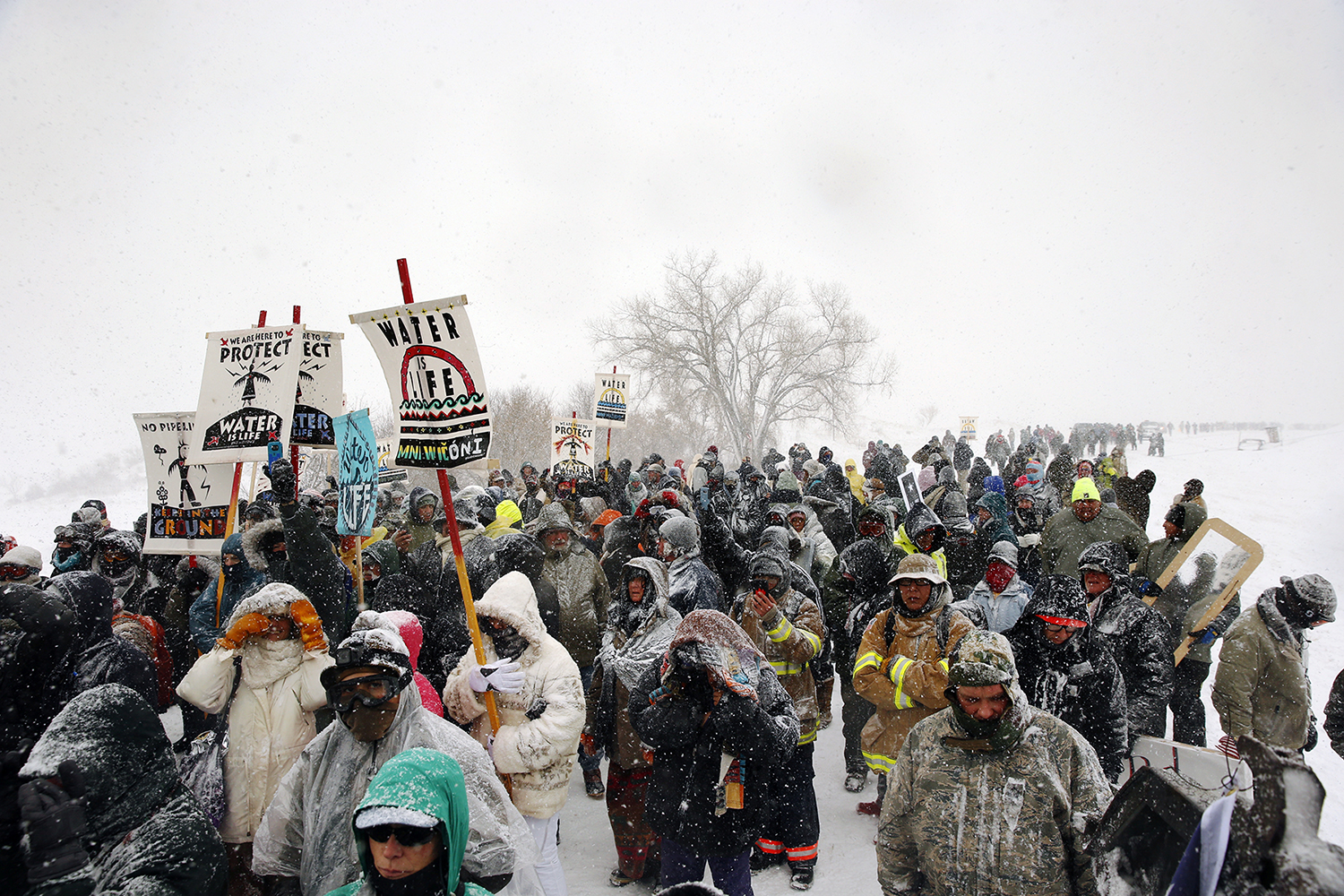On August 5, the United States District Court for the Northern District of Iowa Western Division dismissed Representative Devin Nunes’ (R-CA) lawsuit against Politico reporter Ryan Lizza and Esquire magazine for a 2018 story about the congressman’s dairy farm.
In his lawsuit against the reporter and magazine, Nunes claimed Lizza had implied that he had conspired with his family to cover up their business’ use of undocumented labor. Though Lizza did not explicitly state that their dairy farm relied on undocumented labor, Nunes argued that the article, which repeatedly alluded to a “politically explosive secret,” had effectively insinuated that they had conspired to break the law.
See previous story: Devin Nunes Files Defamation Complaint against Reporter Ryan Lizza
Generally, in order for a statement to be considered grounds for defamation, it has to communicate a false statement of fact. Because an opinion can neither be proven true or untrue, a defamation claim based on an opinion often fails. Nunes’ claim–defamation by implication–fell somewhere between these two ends of the spectrum, but still required evidence that a reasonable reader would take the article’s language to mean Nunes had broken the law and that Lizza had intended to impart this false information.
In his 48-page opinion, District Judge C.J. Williams ruled that none of the 11 allegedly defamatory statements were grounds for defamation. Some, such as Lizza’s claims that Nunes and his family were keeping a “secret,” Williams dismissed because they were too ambiguous to be actionable.
“There is no precise meaning for how many people can know a fact for it to remain a ‘secret’ nor is there an accepted line between ‘hiding’ or ‘concealing’ a fact and simply declining to publicize it. Likewise, in this context there is no precise meaning of ‘conspiracy,’ Williams wrote of three statements.
Williams also noted that the article was written in first-person and that Lizza was well known as a left-wing writer. A reader, then, would probably read Lizza’s characterizations of Nunes as subjective and terms like “secret” and “conspired” as “the type of hyperbole that is to be expected in the political arena rather than insinuation of fact,” Williams reasoned.
In his opinion, Williams dismissed the suit but did not order Nunes to pay Lizza and Esquire’s attorney’s fees.
Nunes has filed seven defamation suits in just the last twelve months. Read more about them and how politicians use defamation lawsuits to silence critics here.
Tags



